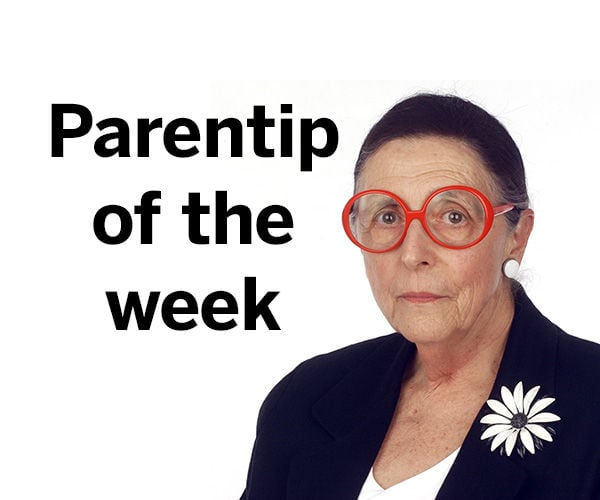‘First of all, THANK YOU for your many insights and tips. I have two sons aged 9 and 4. The older one is active, athletic, funny, and gregarious with many friends. He is a good student and has a sensitive side but only around me. The younger one is gentle, loves arts and crafts, and is content to play by himself for long periods of time.
“The trouble arises when the older one wants the younger one to play with him. It starts out fine, but then the older one gets frustrated with the little one, or the little one recoils from anything rough and tumble, and things break down. I don’t know whether to channel each in his own direction, or ask them to take part in each other’s activities.
I have the younger one enrolled in a team sport because I have noticed over the years that the non-sporty boys get excluded and/or bullied which I would rather prevent than have to deal with. I would like both boys to have a balanced experience and remain open-minded.”
Both kids sound great … apart. And your insightful descriptions of each son illustrate the point I want to make. Kids are different, even those of the same gender and in the same family.
Why? Because temperament and personality are innate characteristics that we all enter the world with. Parents can’t change these although they can work with, rather than against, the traits. For example, you can help a shy child get through a big family reunion by arriving early, giving the child time to warm up, and orchestrating things so only one relative at a time is hovering over the child.
One of my twin grandkids was and is athletic but also is friendly and a good student. She is a girl who wants to be a doctor and practice sports medicine. The boy was the arts and crafts one, he has made me jewelry I am proud to wear. He is also very articulate, a whiz at languages, and wants to do international law or finance. Neither is a stereotype, each is an individual.
The main reason your children don’t play well together is age. Nine and 4 are very different in development, knowledge, likes, and dislikes. I was 5 years older than my sister and often cajoled her into playing with me. I treated her like a doll dressing her and putting her in the stroller. This was OK for a little while but then Judy wanted to push the stroller, not be pushed. Our play paths diverged.
Your goal seems to be two-fold. You want your sons to play together. And maybe rub off some of their characteristics on each other so the loner gets more athletic and the athletic one gets more sensitive. Not going to happen. But if the parents show that they value each boy and that they appreciate all of these traits, each boy can feel good about himself and maybe become willing to explore other activities.
Playing together always needs rules. If there is conflict, let them work it out if possible but no hitting or destruction of property. If a drawing is ripped up you separate the kids and say they cannot play together if they hurt each other or destroy anything.
Your second goal is to prevent the younger boy from being bullied or shunned by other boys because he is gentle and likes the arts. Actually 4 is kind of young for team sports. If he likes it, OK but if he’s miserable try again when he is older. The best way to prevent bullying is to help the child feel good about himself and project that confidence to the world. See two ParenTips from ParentKidsRight.com, parentkidsright.com/bully1/ and parentkidsright.com/bully2/
My advice: Relax. Love and enjoy both kids. Accept each for who he is. I often write about the three parenting Vitamins A’s: Affection, Attention and Acceptance. If a child is loved, gets his share of attention from his parents and knows he is accepted as much as his brother is, you can consider yourself a good parent.





